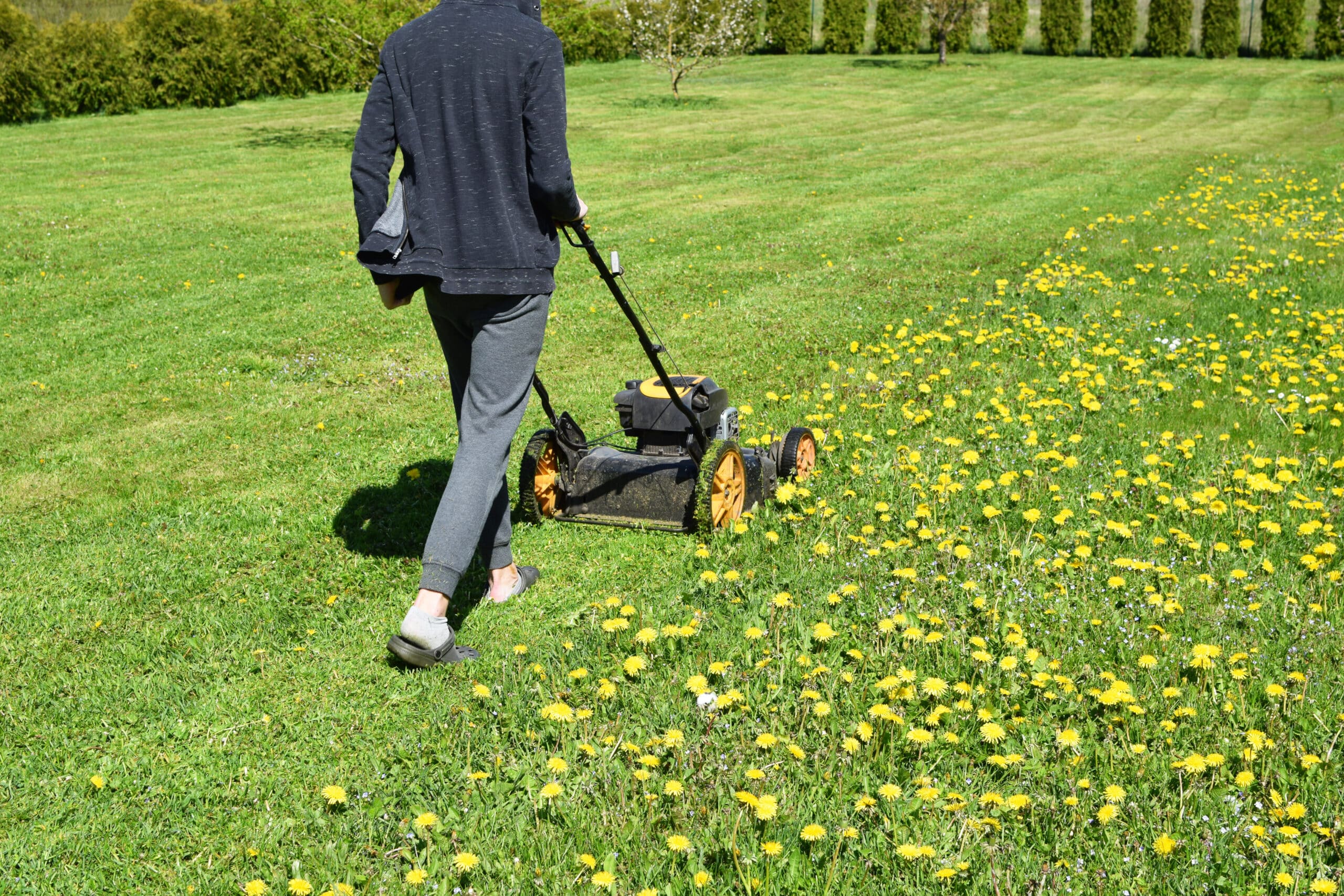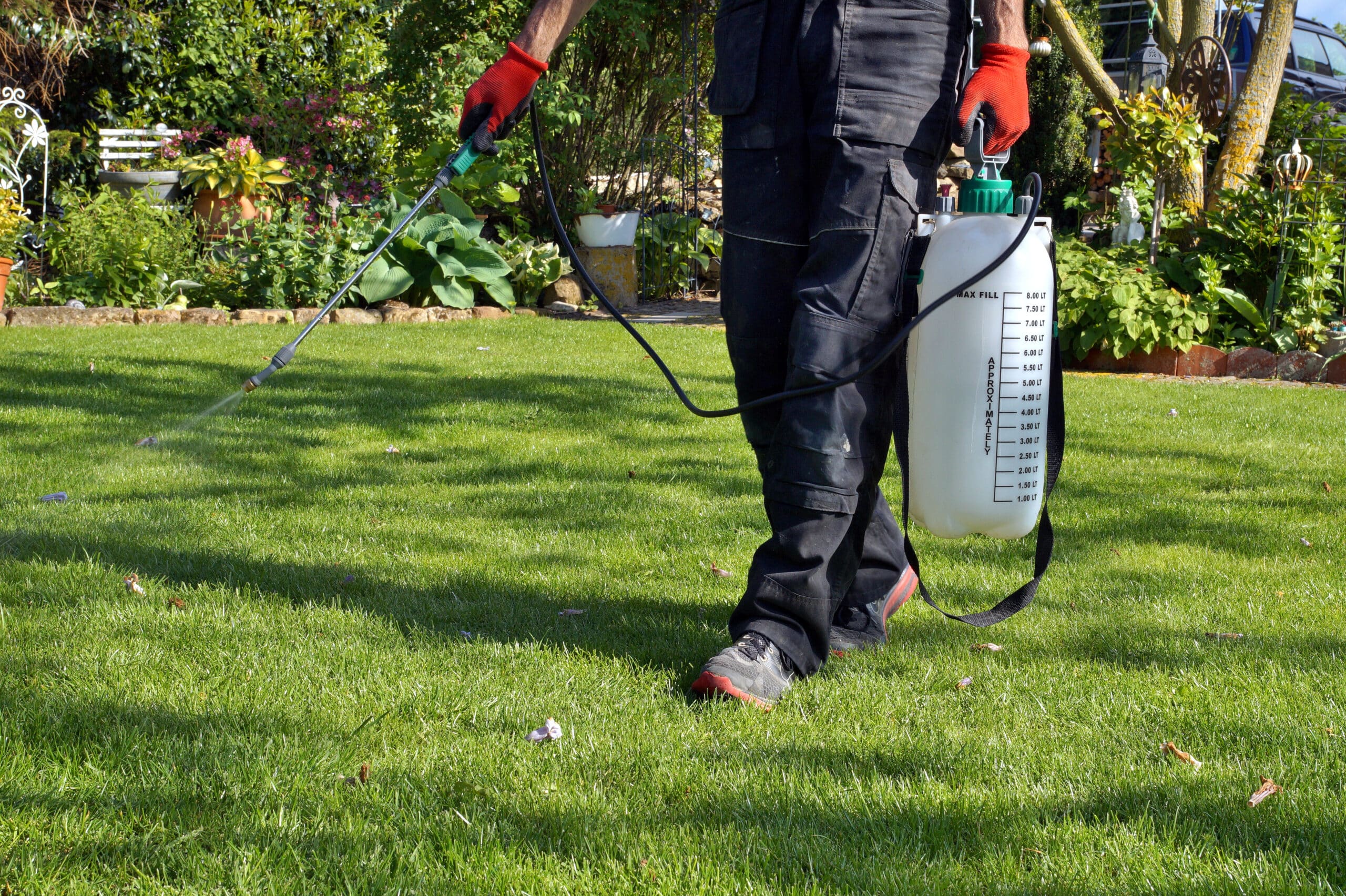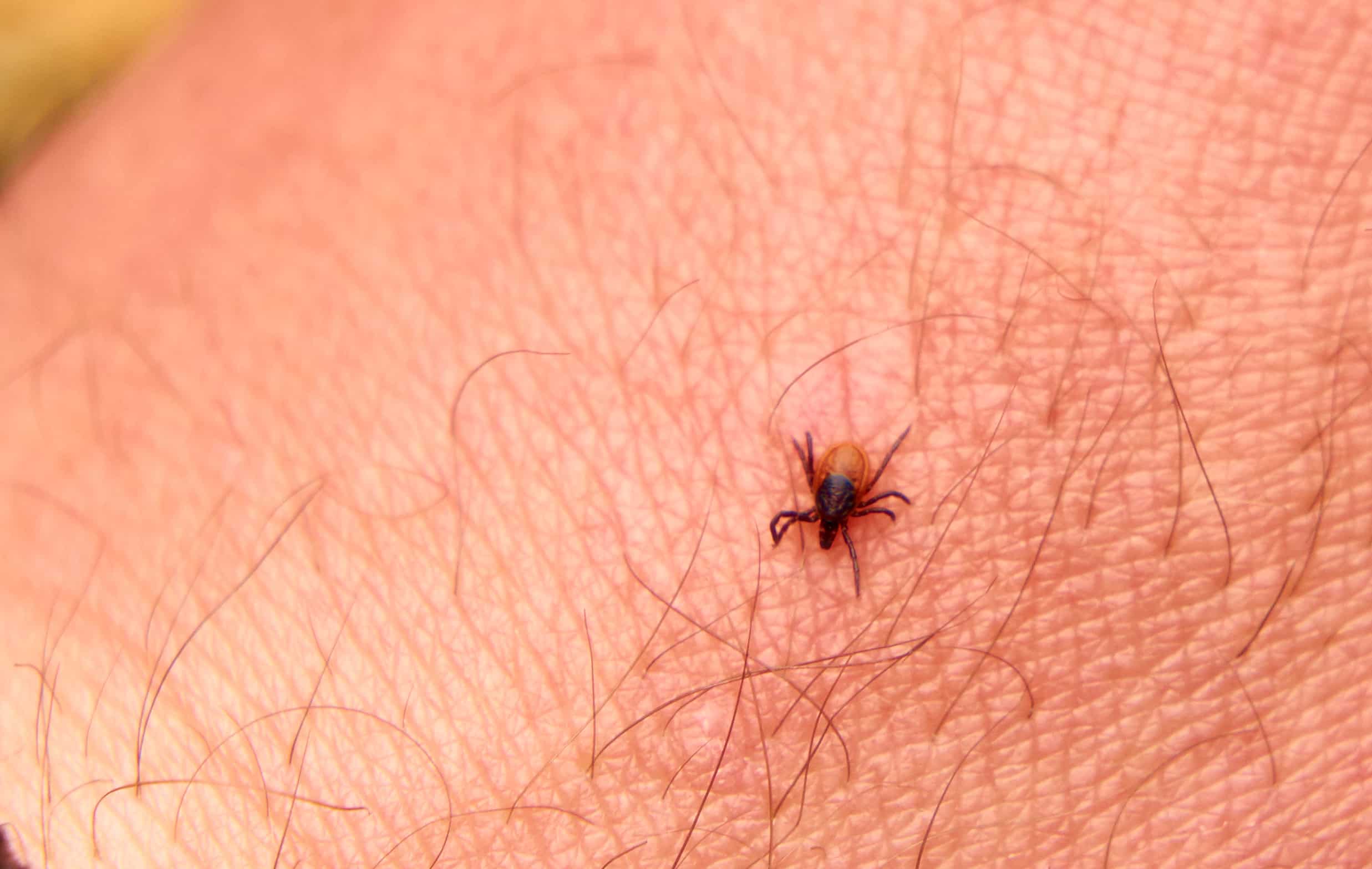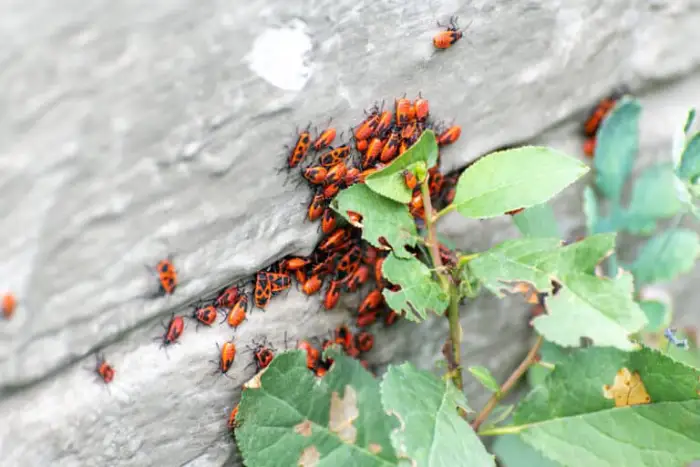Have you ever returned from a hike or a day in the woods with itchy red bumps? If so, you may have been bitten by chiggers.
The worst part about chigger bites is that they’re sometimes invisible. They don’t show up immediately, so you could be scratching for days before you even know what’s causing the itch. And if you ignore the bites, they’ll get infected.
What can you do if you’re dealing with these parasites? You can learn how to get rid of chiggers in bed, yard, and other places on your own. Or, you can contact a professional exterminator like Environmental Pest Management for severe outbreaks.
In this guide, you’ll learn how to get rid of chiggers, from prevention to treatment.
What Are Chiggers?
Chiggers or harvest mites are tiny red bugs that can stick to your skin when you walk in grassy areas. They inject digestive enzymes that dissolve and suck up skin cells—causing a red, bumpy, itchy rash that usually goes away after about two days.
How to Get Rid of Chiggers Naturally

You don’t have to spend a fortune on chemicals and treatments to prevent chiggers unless you have a severe infestation. Instead, try these natural remedies:
Mow Your Lawn Often
Chiggers live in tall grass, so mowing your lawn will reduce their habitat by killing most larvae before they become adult chiggers and attach themselves to a host.
Mowing also exposes the critters in their hiding space, allowing you to treat and prevent them from spreading to other locations. It’s why cutting grass is always a part of guides on how to get rid of chiggers in yards.
Sprinkle Diatomaceous Earth
Diatomaceous earth is a natural substance made from the fossils of diatoms. It’s a fine, white powder with sharp edges that cut through the chiggers’ exoskeletons, effectively killing them.
Sprinkle diatomaceous earth on hot spots around your yard to kill the bugs crawling on the ground. Also, apply it to your skin to prevent chigger bites, or add a small amount to your bath water to soothe the itching and swelling.
Use Essential Oils
Some essential oils have insect-repelling properties that work wonders against chiggers. Here are examples:
- Tee tree oil
- Lavender
- Peppermint
- Clove
- Citronella
To make essential oils effective and prevent them from irritating your skin, dilute them with a carrier oil like coconut or jojoba.
Apply Sulfur
Although sulfur won’t kill chiggers, it disrupts their metabolism, repelling them from your yard.
You must use the right sulfur proportions (1 pound of powder sulfur per 500 square feet of lawn) because a light application will spread the bugs to other areas instead of removing them.
Warning: Sulfur is toxic to pets, so if you have any, it’s best to choose a different method for preventing chiggers.
How to Remove Chiggers Using Chemicals

Sometimes natural methods are ineffective against chiggers, especially if you have an infestation. You may need to turn to inorganic or chemical options to kill these parasites. Consider the following methods:
Use Insecticides
Insecticides are most effective at killing chiggers when you apply them directly to hot spots like tall grass and shady areas. Use insecticides with the following chemicals to kill these bugs:
Request A Free No-Obligation Quote Today
We serve Dakota, Hennepin, Ramsey, Washington, and Anoka Counties.
We also serve Carver, Scott, Rice, Lesueur, and Steele
- Cyhalothrin
- Bifenthrin
- Permethrin
- Carbaryl
Apply Topical Treatments
Use insect repellent with DEET to control chiggers by applying them to your skin about 30 minutes before going outdoors. DEET-repellent is available as a spray, lotion, and stick.
Another option is to use ointments containing ingredients such as permethrin or benzyl benzoate, which are also effective against chiggers.
Chiggers vs. Jiggers: What’s the Difference?
Chiggers are mites from the Trombiculidae family found in warm, humid climates, while jiggers are fleas from the Tungidae family found in tropical and subtropical regions.
Chiggers attach to the skin and feed on your blood, causing itchy bumps, while jiggers burrow into the feet, causing more severe symptoms like pain, swelling, and infection.
How Do Chiggers Attach to a Host?

Chiggers attach themselves to human skin with their sharp mouthparts. They use their claws to grip your skin and pierce it with blade-like mouthparts called chelicerae, injecting digestive enzymes that break down skin cells so the bugs suck them up.
What Do Chigger Bites Look Like?
Chigger bites look like small red bumps clustered together and are often confused with mosquito bites. They’re itchy and sometimes even painful and are common around warm areas like the ankles, waist, and groin.
What Is the Fastest Way to Treat Chigger Bites?
The fastest way to cure bites from chigger mites is to wash the affected area with soap and water as soon as you notice any swellings or feel intense itching. This will remove any remaining bugs on your skin.
Anti-itch cream or calamine lotion is also effective for relieving the itch. Here are additional tips for curing chiggers bites:
- Avoid scratching the bites, as this causes infections.
- Take an over-the-counter antihistamine, like Benadryl, to help reduce the itch.
- Apply a cold compress to the bites to reduce the swelling and itching.
- See a doctor for treatment if the bites are severe.
Does Rubbing Alcohol Kill Chiggers?
No, rubbing alcohol doesn’t kill chiggers. Chiggers are mites and don’t burrow into the skin. So, while rubbing alcohol kills some bacteria, it won’t eradicate the parasites.
Rubbing alcohol worsens chigger bites worse by drying out the skin, making you itch more.
How Do You Stop Chiggers From Spreading?
Chiggers spread from one part of your body to another. To stop them wash your skin with soap and water when you notice a chigger bite. You should also avoid scratching chigger bites because you may spread them.
Check out these extra tips to help stop spreading the parasites:
- Wear long sleeves or pants in areas where chiggers are common.
- Buy permethrin-treated clothing to protect yourself from chigger bites.
- Tuck your pants into your socks.
- Apply insect repellent containing DEET or permethrin.
- Wash clothes and bedding in hot water if they’ve been exposed to chiggers.
Can I Get Chiggers From Someone Who Has Them?
No, chiggers aren’t contagious. They won’t spread from one person to another through touch, contact with clothing, or sharing beds because they don’t burrow into the host’s exposed skin. They attach to it, feed on the blood, and drop off and die.
How Long Do Chiggers Stay On You?
Chiggers stay on you for 2-4 days after they bite. They are more active in warm weather and need to feed for a specified time before falling off.
If you think you have chiggers, wash your skin with soap and water and apply an anti-itch cream to stop scratching.
Get Rid of Chiggers Today!
If you ignore the signs of a chigger infestation, the problem will worsen. These parasites will continue to bite you, and the bites will become more itchy, leading to infections and severe health issues.
If you’re dealing with pests and parasites like ants, bed bugs, chiggers, mice, fleas, rats, roaches, termites, and other insects in the Twin Cities area, contact Environmental Pest Management. Our control services will help you get rid of chiggers quickly and effectively.

